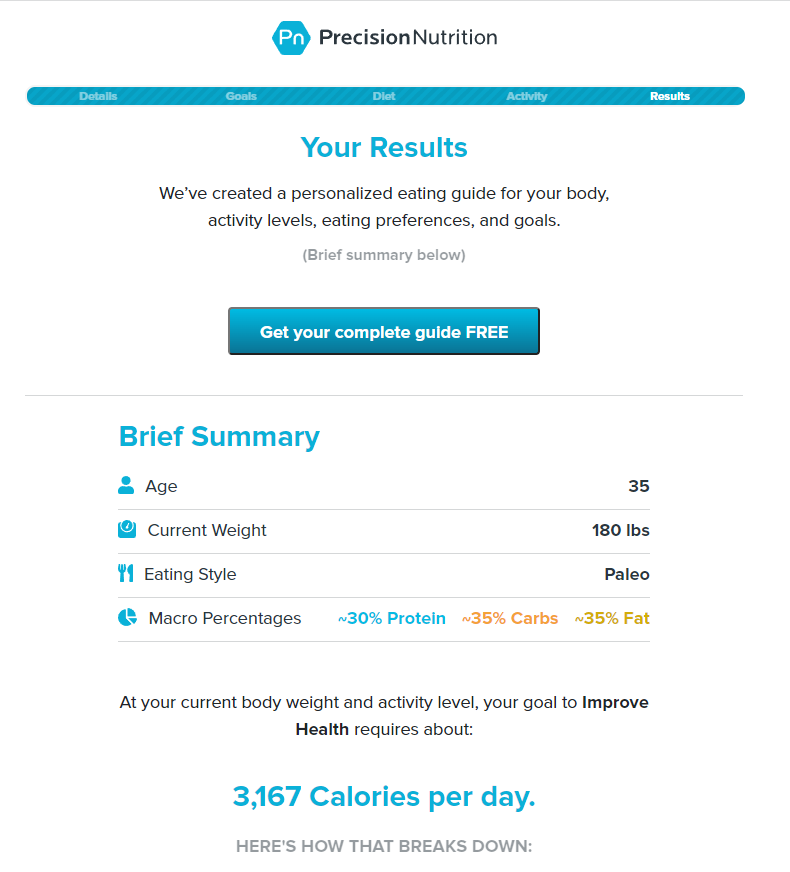When looking to add muscle or lose fat, it goes without saying that you should be diligent about the foods you consume. However, there are certain foods that you can leverage to add or lose weight. Let’s cover putting on weight.
When looking to add muscle mass to your frame, it is customary to utilize a caloric surplus. In other words, you want to be eating more calories than you burn (both through your basal metabolic rate and activity). This surplus creates an environment for your body to have readily available resources to deploy protein synthesis and tissue repair (assuming you are exercising and lifting weights to break down muscle so you can grow). One should shoot for roughly 300 calories above their maintenance calories per day to create the surplus. The problem most people run into is they end up eating A LOT of extra food to get to that 300 calories (especially if you aren’t eating a micronutrient deprived processed foods diet…in which case…it’s really easy to overeat). If you are eating a clean diet, you may want to leverage nuts and nut butters to get into a surplus. Typically, 2 tablespoons of nut butter or 9 hazel nuts equals 180 calories. As you can see it would pretty easy to add a little nut butter to your breakfast, or a snack after dinner to consume the extra calories, rather than eating 10oz. of chicken breast.
When looking to lose bodyfat, you want to utilize a caloric deficit. Typically, after a maintenance phase, we would remove 300 calories from your diet to create the deficit. That may not seem like a lot, and that’s the point, you are slowly coaxing your body to burn off excess fat in order to keep up with the bodies “set point.” The “set point” is the calories needed to remain the same weight. If your metabolism is set to 3,000 calories, and you bring your caloric intake down to 2,700 calories, you body will have to burn it’s own fat in order to make up the caloric need. This gives you the potential to lose bodyfat. Because you are used to eating a certain volume of food, you can utilize vegetables to make up the difference. For instance, say you wanted to cut 100 calories from your breakfast and you typically eat two pieces of toast. Instead of the toast, you can have a cup of roasted mushrooms, which really don’t have an appreciable amount of calories. I would included any green leafy vegetables in this category as well as the breakdown of the fiber actually keeps these foods at zero or even negative calories.
This is a complex topic with many nuances, and I will try to unpack them as best as I can in upcoming posts. If you are anxious to learn more or get started with your own nutrition plan, I’m here to help! Click the link below to get started today and let’s put on some muscle, or lose the fat today!




